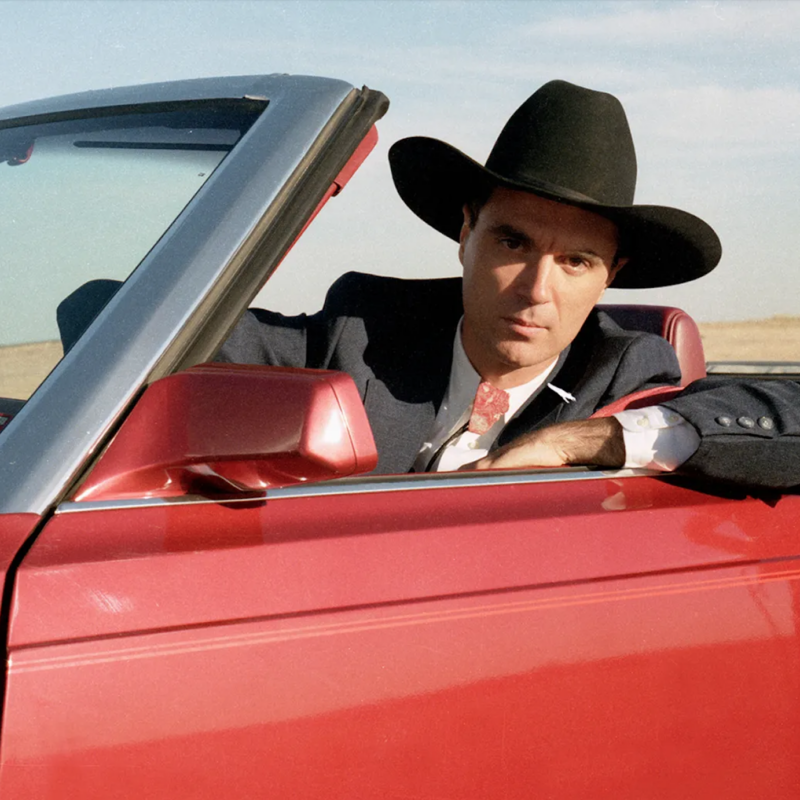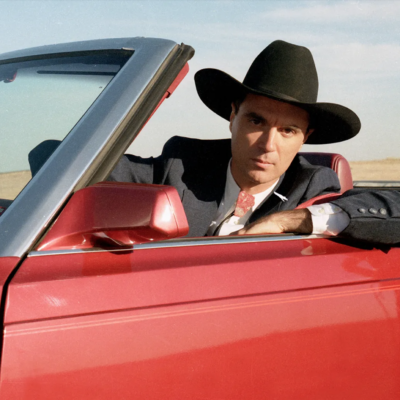/Sissy-Spacek.jpg)
Sissy Spacek recalls her Texas childhood and staying grounded by staying away from Hollywood in her new memoir, My Extraordinary Ordinary Life. (Photo by Lynne Brubaker) |
If there’s a Dorian Gray trade-off that comes with being Sissy Spacek, it must go something like this. Even in recent films like Get Low, where she plays her age or older, there remains something girlish about her face. The freckles, the apple cheeks, the forthright blue eyes call time a liar. But what has unmistakably matured about her is her voice. The crisp tomboy drawl of Badlands and Coal Miner’s Daughter has ripened now. It’s become the voice that generations of Southern women have grown into as they aged—laced with music and meaning and joy and sorrow and sunlight. It’s a voice made for kitchen table conversation or front-porch storytelling, for fixing the cords that bind us into families, and into communities. It was the voice that came at me out of the speaker phone as we discussed her new memoir, My Extraordinary Ordinary Life, written with Maryanne Vollers.
Levon Helm, legendary drummer with The Band, had just died. Helm played Loretta Lynn’s father in Coal Miner’s Daughter, so I began by asking about him. “He was a wonderful man, an amazing musician, and a brilliant actor. People don’t realize that about him,” said Spacek. “He and Phyllis Boyens, who played Loretta’s mother, and her father, Nimrod Workman, who was a revered Appalachian singer—they brought such a sense of the life of the mountains. They just had that story right down to their shoes.” In a central moment in the book, Spacek described the experience of the cast staying at an inn in Wise, Virginia, during the filming. “Levon took over the basement taproom most nights, filling it with guitar players and banjo pickers, singing the old mountain songs that sprung straight up from the land that surrounded us. One of the wonderful things about being a filmmaker is that you get to live all these different lives, in different places, not as a visitor, but as somebody who’s trying to sink down into the bedrock of the community.”
In her own story, bedrock is Mary Elizabeth Spacek running barefoot with her brothers around the streets of Quitman, Texas—“my To Kill a Mockingbird childhood,” she called it on the phone. “There were screen doors, and your parents whistled for you at night, and we played at Magic Hour running around the neighborhood ’til we thought our little hearts would burst trying to catch the last little bit of light.” The story might have stayed right there, but it grew in the telling. “In the beginning, I wanted just to write about my childhood, but when I began to write I realized that my childhood had so informed the rest of my life that I needed to be able to (talk about) my adult life, my career, my life here (in Virginia). It really is true that every experience I’ve had and every place I’ve been and every relationship I’ve had has fed my work.”
The book is organized around place, with big sections titled Texas, New York, California, Virginia. We get to see all the burgeoning talent, the early forays into the folk music scene in New York, the growth of her career through a series of remarkable films, and the impulse to go to ground in Albemarle county so that her daughters can have the same kind of rooted childhood that she had. But the soul of her story is in the details. As she described it on the phone, “the book really explains me. It’s why bugs on the screen and the wind in the trees and geese flying overhead are like a choir.”
| My Extraordinary Ordinary Life By Sissy Spacek, with Maryanne Vollers Hyperion, 288 pages Spacek kicks off her book tour here |
It’s hard to avoid the impression that Sissy Spacek is not primarily a star, though she certainly plays one on TV. Nor is she at heart a celebrity, though her celebrity stories are good, and warm, and funny, and generous. No, Sissy Spacek is at heart an artist. She’s a gleaner of truths, a miner of gold, a driller for bedrock. She comes by that miner’s impulse honestly. In the book, she describes her mother leaving home for the last time before her final trip to the hospital. “She kept walking around the house looking at everything. This was the place she loved best…. I’ll bet that’s what was flooding through her mind that morning, all those sweet memories. She stood there in the living room a long time, Daddy said, just taking it all in.”
It’s not a particularly sorrowful book, though there are sorrows enough in it. A question starts to form itself, but the interview is over. I never get to ask: Why are so many of the best stories laden with mortality? No matter. Having read this book, I know how she would answer.
“Death is the mother of beauty,” said the poet Wallace Stevens. It’s the shadow on the wall that lends insistence to the day. It goads us to harvest the simple, ordinary, extraordinary things that surround us, and to turn them into meaning—like Levon Helm playing mountain music in the taproom, like all the little shards of blessedness that her mother gathered in that last long look around the house. Like any good artist, Sissy Spacek knows this right down to the soles of her bare feet pressing into the dust.





